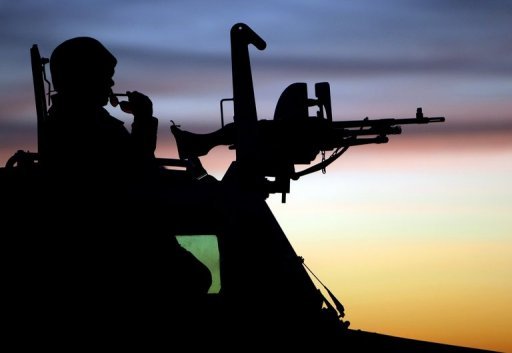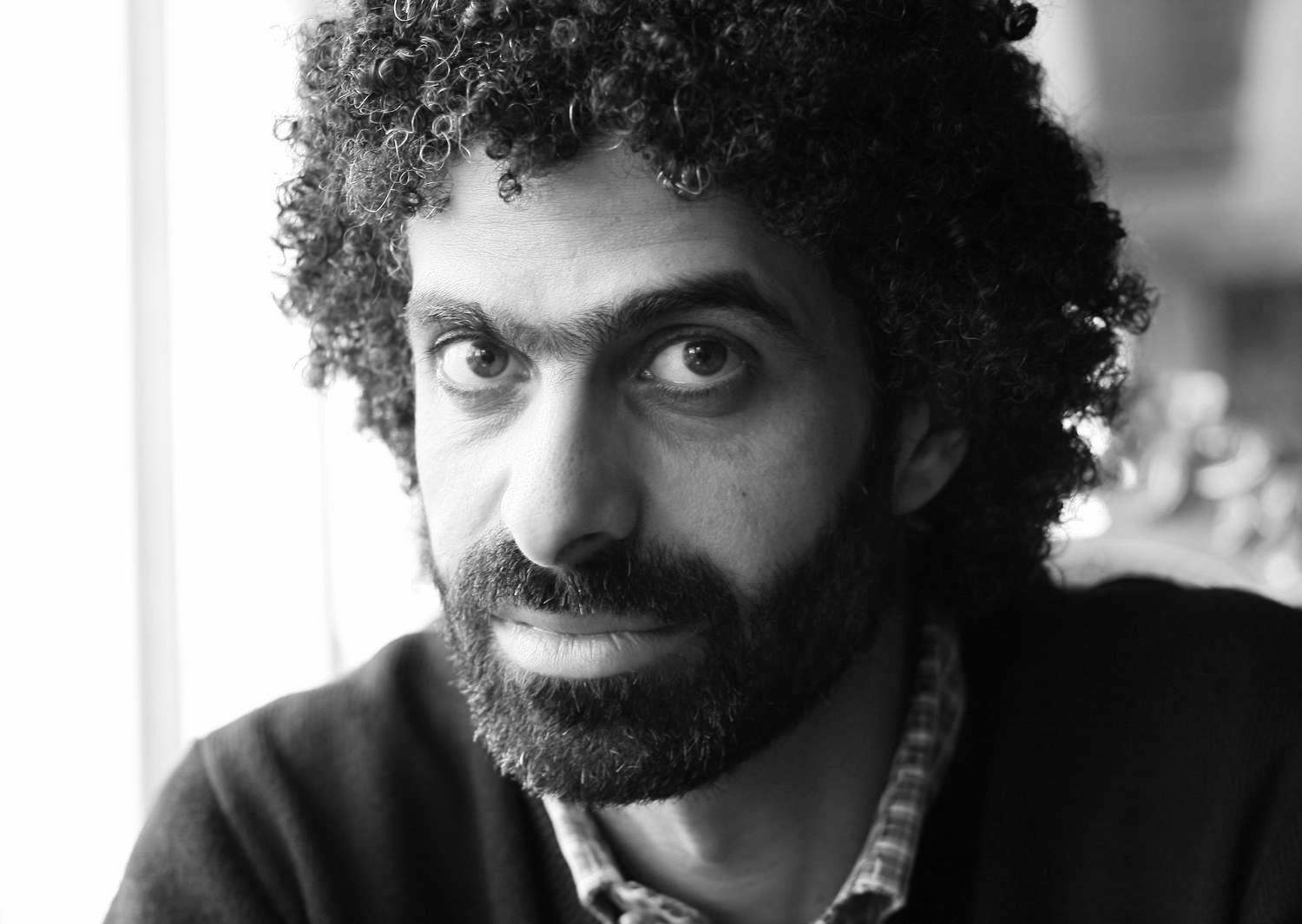
By Dr Cesar Chelala
Gaza is subject, once again, to severe Israeli bombing for the death of three Jewish teenagers. This only aggravates a situation that has been causing enormous and unnecessary civilian suffering to a population whose main sin is to want to remain alive and prosper in their own land.
As a result of the Israeli government actions, a “separation policy” between the Gaza Strip and the West Bank is in effect, closing the possibility of family reunions either to celebrate or mourn the death of a relative. As Amir Rotem, director of the public department at Gisha –Legal Center for Freedom of Movement, an Israeli non-profit organisation, said: “We are marking seven bad years of closure, a closure that cuts off Gaza from the rest of the world.”
According to Gisha, about a third of Gaza’s residents have relatives in the West Bank and Israel, whom they cannot see on a regular basis. As Rotem has said, the perpetuation of the conflict only guarantees “…misery for a population of millions who live just a few metres away from Israeli residents with no intention or ability to go away.”
Seven decades of Israeli control have done incalculable damage to the population and the economy of the Gaza Strip. The official unemployment figure for the first quarter of 2014 was 40.8% (compared to 18.7% in 2000) and 70% of the population should receive humanitarian aid.
Quality of life and education are also affected. Because of restrictions on the entrance of construction materials there is a shortage of 259 schools in Gaza. Dr. Evan David Kanter, a University of Washington School of Medicine professor, said that most studies indicate that the vast majority of Gaza’s children exhibit varying degrees of posttraumatic stress disorder (PTSD).
B’Tselem, an Israeli human rights organisation, reports that the siege imposed by Israel on the Gaza Strip has caused great harm to Gaza’s health system. There is a severe lack of medicines and medical equipment. 2008 figures from the World Health Organization (WHO) reveal that 19% of necessary medicines were lacking, primarily those needed for surgery and emergency treatment, as well as antibiotics and cancer drugs.
Lack of fuel for several days at a time has affected the use of ambulances, many of which have ceased to operate. Also because of lack of fuel, 55,000 vials of vaccines for infants will deteriorate. There is also lack of clean drinking water and regular removal of solid waste. Not only is some vital medical equipment lacking, but there is also a serious shortage of some basic elements such as bandages, syringes and plaster for casts.
B’Tselem also reports that the Israeli government has cut back on issuing permits to enter Israel or go to treatment facilities in the West Bank, Egypt and Jordan to hundreds of patients who need immediate, life-saving treatment unavailable in Gaza. A WHO 2008 report listed 32 cases of patients who died between October 2007 and early March 2008 waiting for medical treatment outside of Gaza.
Physicians for Human Rights has also questioned the legality of a procedure whereby every exit permit from Gaza for medical treatment should be approved by the Israel Security Agency, a step that considerably delays what is in many cases an urgent need. With these actions, Israel breaches the right of Gaza residents to medical care inside Gaza and access to medical care outside the strip.
Avi Shlaim, a professor of international relations at Oxford University who served in the Israeli Army and is a fierce critic of the siege of Gaza, wrote in 2009: “The living conditions in the strip remain an affront to civilised values, a powerful precipitant to resistance and a fertile breeding ground for political extremism.”
And in reference to the sanctions imposed on Gaza he wrote one of the most illuminating words anybody ever wrote about the situation. “A surreal situation thus developed with a significant part of the international community imposing economic sanctions not against the occupier but against the occupied, not against the oppressor but against the oppressed.” Despite seven decades of oppression and brutality to people defending their own land Gaza will remain alive.
Dr. Cesar Chelala is a co-winner of an Overseas Press Club of America award


